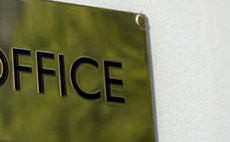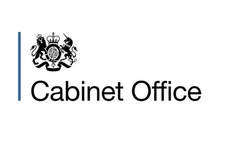Cabinet Office Minister tells Payments Council Cyber Security Conference that cooperation is the key to the fight against cyber crime
Cyber security is "an important part of the UK's economic plans", which is why it's essential that the issue isn't just confined to the IT department, but to every individual within all organisatio...
To continue reading this article...
Join Computing
- Unlimited access to real-time news, analysis and opinion from the technology industry
- Receive important and breaking news in our daily newsletter
- Be the first to hear about our events and awards programmes
- Join live member only interviews with IT leaders at the ‘IT Lounge’; your chance to ask your burning tech questions and have them answered
- Access to the Computing Delta hub providing market intelligence and research
- Receive our members-only newsletter with exclusive opinion pieces from senior IT Leaders






















